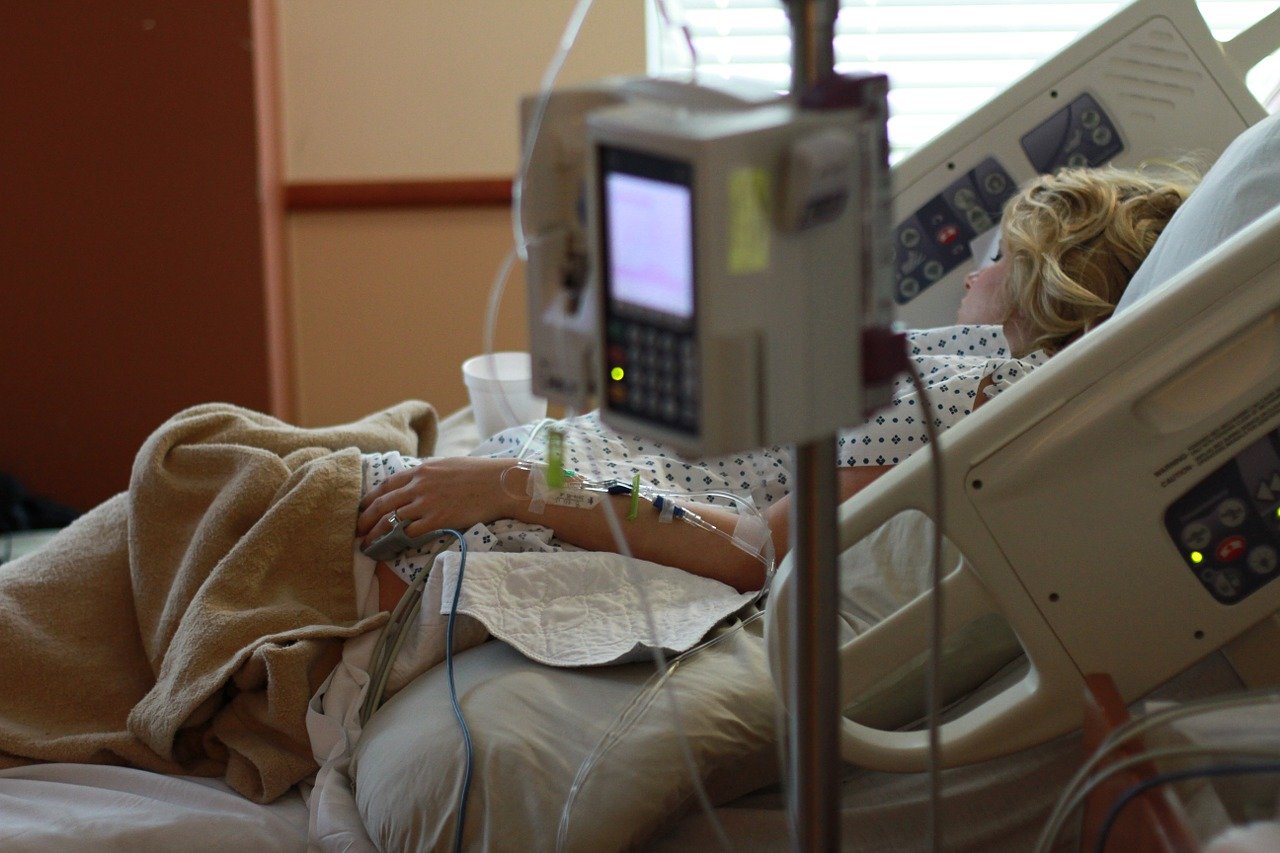
Patients are exhibiting new coronavirus symptoms, according to Ohio Department of Health Director Dr. Amy Acton.
The new coronavirus symptoms she is referring to are gastrointestinal upset and more fatigue in addition to the other existing flu-like symptoms. Some patients also do not show a fever.
“My best advice to everyone is if you don’t feel well in any way, stay home and make that call,” she said.
The symptoms of viral infection that were first identified are tiredness, fever, and a dry cough. Some severe cases experienced difficulty breathing. Meanwhile, patients continue to show those symptoms as well.
Published in the American Journal of Gastroenterology, the study revealed that GI upset, not one of the initially reported common symptoms, became the “chief complaint” in almost half of the COVID-19 cases examined, according to CNN. Among the symptoms identified are loss of appetite, diarrhea, and vomiting.
The researchers evaluated 204 confirmed COVID-19 patients in Hubei Province, China.
“If clinicians solely monitor for respiratory symptoms to establish case definitions for COVID-19, they may miss cases initially presenting with extra-pulmonary symptoms, or the disease may not be diagnosed later until respiratory symptoms emerge," the study states.
The researchers added that missing early GI symptoms could have an impact on the early spread of the virus among health care workers in China.
CDC's advice
Meanwhile, the Centers for Disease Control and Prevention (CDC) states that individuals with signs associated with COVID-19 should seek immediate medical assistance. The signs to look out for are:
- Shortness of break or difficulty breathing.
- Persistent chest pain or pressure.
- Becoming confused or unable to be aroused.
- Bluish lips or face
“If symptoms are progressive or severe, for example, increasing shortness of breath, that person should go to the emergency room,” says Dr. Robert Salata, an infectious disease specialist and program director for University Hospitals Roe Green Center for Travel Medicine & Global Health.
“But if that’s not the case, first they should contact their primary care physician.”






